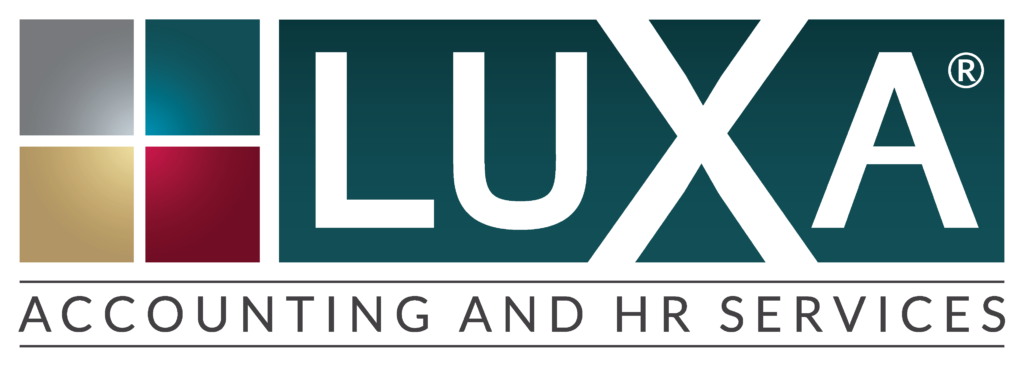
Are you ready for the new FSLA overtime rule changes for salaried employees that go into effect December 1, 2016? Now is the time to prepare your company and your employees for potential changes to avoid penalties, as well as frustrated employees. Is your company affected?
Do you have any employees that are currently salaried and exempt from overtime regulations? – According to the Department of Labor, three qualifications must “be met for the FLSA’s EAP exemption to apply: (1) the employee must be paid a predetermined and fixed salary that is not subject to reduction because of variations in the quality or quantity of work performed (“salary basis test”); (2) the amount of salary paid must meet a minimum specified amount (“salary level test”); and (3) the employee’s job duties must primarily involve executive, administrative, or professional duties as defined by the regulations (“duties test”).” The last time these regulations were updated was in 2004, when the base level was increased to $23,660 and the Highly Compensated Employee (HCE) status was introduced, exempting salaried employees making over $100,000 from overtime regulations.
New base rate and cap for HCE – Effective December 1, 2016, the new base rate for FSLA has more than doubled to $47,476 with a new cap for HCE of $134,004. If you have employees that make less than the threshold of $47,476 they are now subject to overtime regulations of a time and a half compensation after working 40 hours in a work week. Employees making between $47,476 and $134,004 may be subject to overtime rate if they do not meet the Executive, Administrative and Professional (EAP) qualifications.
Non-Discretionary Bonuses and Incentive Payments – The good news for employers is that the regulation update now allows employers to allocate up to 10% of non-discretionary bonuses and incentive payments towards the new salary threshold. In order to qualify, these payments must be paid on a quarterly or more frequent basis.
The updated bases, as well as the automatic 3 year threshold updates, are affecting most businesses. Contact us for help keeping your company in compliance in the most cost-effective manner possible.


